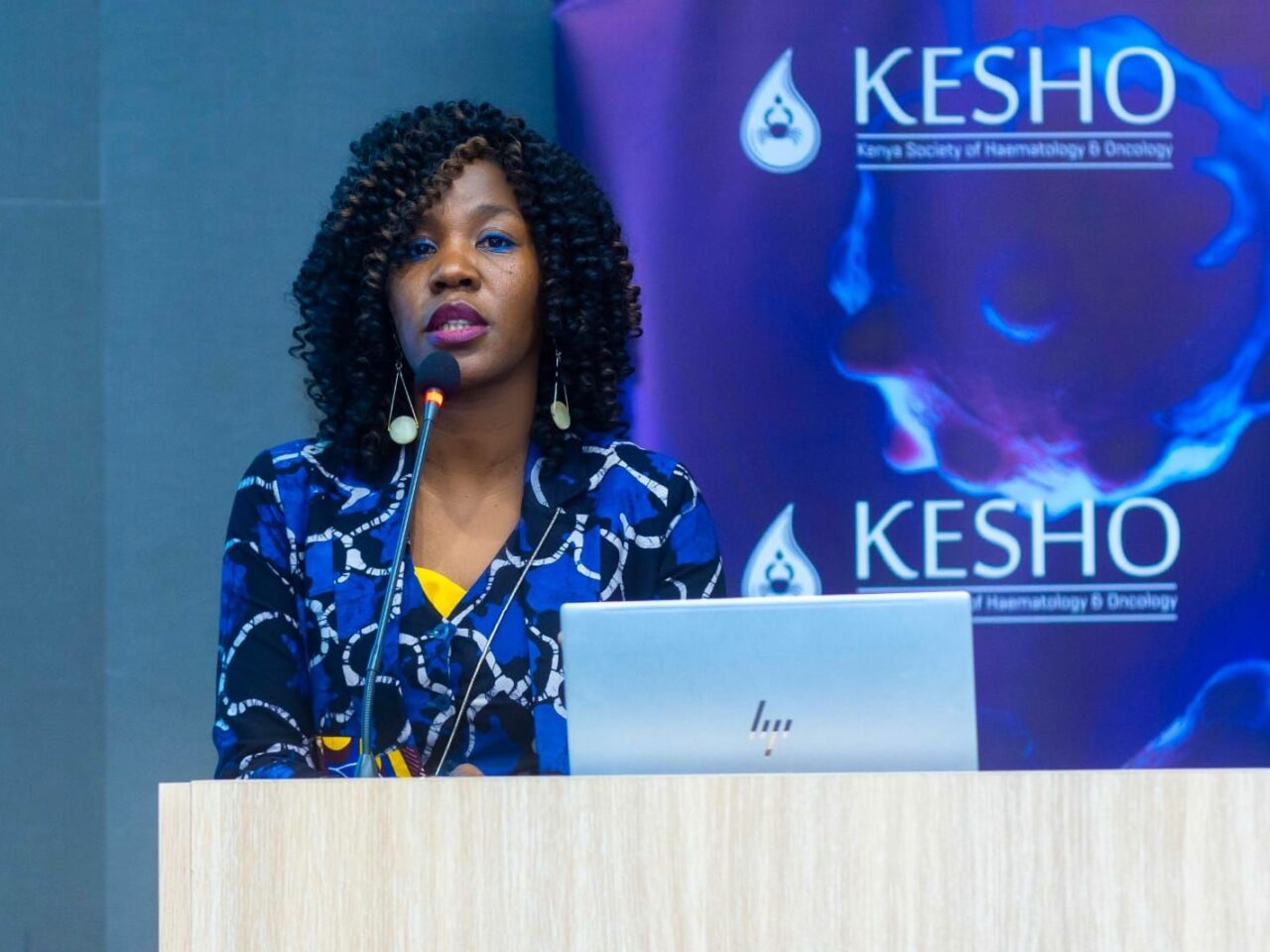Miriam Mutebi shared on LinkedIn:
“Ensuring a harmonized oncology workforce is vital for delivering consistent, high-quality cancer care across Africa’s 54 regions. Cancer care delivery is complex, involving various professionals along the care continuum who provide different services. For successful treatment, these workers must function like an orchestra, each ‘playing’ their role to the best of their ability.
Presently, there is a significant variation in the training and skill sets among the oncology workforce in different African countries; how do we then ensure that a patient with a similar diagnosis and similar access to resources, receives the same treatment whether he or she is in Kenya, Nigeria or South Africa? This underscores the need for standardised training across the board.
Harmonising training ensures that every oncologist & oncology care provider regardless of location, meets a unified standard of care, ultimately improving patient outcomes and supporting value-based care.
At AORTIC- Africa we’re taking the lead with initiatives like the ‘Professional Differentiation Symposium’ (pictures below) that we held in conjunction with the Kenya Society of Haematology & Oncology (KESHO) and hosted by the The Aga Khan University Hospital, where we are starting to focus on defining the core competencies for each specialty, and the ‘entrustable’ professional activities (EPAs) of each cadre—asking the all-time critical question to trainers: Would you trust this healthcare worker, to treat your parent, etc?
We also address workforce deficits by upskilling the existing workforce. There are few trained surgical oncologists; most cancer surgeries, are performed by general surgeons. In partnership with KESHO and the Surgical Society of Kenya, we have run surgical preceptorships that train general surgeons to perform quality cancer surgeries in priority areas, like breast & colorectal cancers while also, training them in multidisciplinary approaches to patient care.
Why is this important? Historically, the cancer treatment a patient received in Africa often depended on whom they saw first—be it a surgeon, who would likely recommend getting on an operating table, or an oncologist, who would likely get you started on chemotherapy. To address this, we’re advocating for a team-based, multidisciplinary approach where oncologists, surgeons, nurses, pathologists, and radiologists collaborate to map out comprehensive treatment plans for each patient.
By focusing on harmonized training, multidisciplinary care, and upskilling, we’re laying the foundation for a stronger, more effective oncology workforce across Africa, reducing the cancer burden and providing equitable care to all patients across the continent.”
Source: Miriam Mutebi/LinkedIn
Miriam Mutebi is a Breast Surgical Oncologist and Assistant Professor in the Department of Surgery at the Aga Khan University Hospital in Nairobi, Kenya. She is also the Vice-President of East Africa of the African Organization for Research and Training in Cancer (AORTIC), treasurer for the Kenya Society of Hematology and Oncology (KESHO) and on the Board of Directors of the Union for International Cancer Control (UICC).
She is the co-founder of the Pan African Women’s Association of Surgeons and is part of the Kenya Association of Women Surgeons. She is an avid supporter for the education and support for women, especially in surgery and she aims to provide mentorship for women in surgery and to improve women’s health and surgical care in Africa. She is currently pursuing a pilot’s license in order to extend breast care services to marginalized areas.



